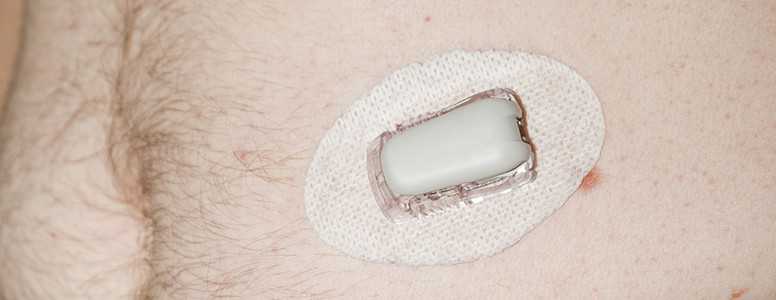An Endocrine Society task force in the US has called continuous glucose monitoring (CGM) systems the gold standard for adults with type 1 diabetes.
The new clinical practice guideline appears online in the Journal of Clinical Endocrinology and Metabolism, and was co-sponsored by several organisations such as the American Diabetes Association.
Anne L. Peters, MD, from the University of Southern California’s Keck School of Medicine, chaired the task force. She said: “Studies have found that people with T1D who use CGMs are able to maintain better control of their blood sugar without increasing episodes of hypoglycemia when blood sugar drops to dangerous levels, compared to those who self-monitor blood glucose with periodic finger sticks.
“Scientific evidence supports the use of CGM technology in individuals with T1D whose blood sugar is above the targeted level, as well as those whose blood glucose is well managed.”
The task force added that patients who use CGMs must be able and willing to use the monitors to ensure they receive the most benefit from treatment.
CGM systems track patterns in blood glucose levels every minute of the day, and alarms help warn patients when levels are too high or too low. They can also help patients make insulin dosing decisions.
In the UK, NICE guidelines recommend that CGMs be offered to people with type 1 diabetes who struggle with hypo awareness or suffer more than one severe hypo per year with no obvious cause.
But NICE adds that that there isn’t insufficient evidence showing CGMs are cost-effective enough to be recommended widely. Therefore, most people with type 1 diabetes have to self-fund their own CGMs.
Earlier this year, Labour MP Jamie Reed launched a petition to make CGMs available on the NHS for people with type 1 diabetes.
What's new on the forum? ⭐️
Get our free newsletters
Stay up to date with the latest news, research and breakthroughs.




